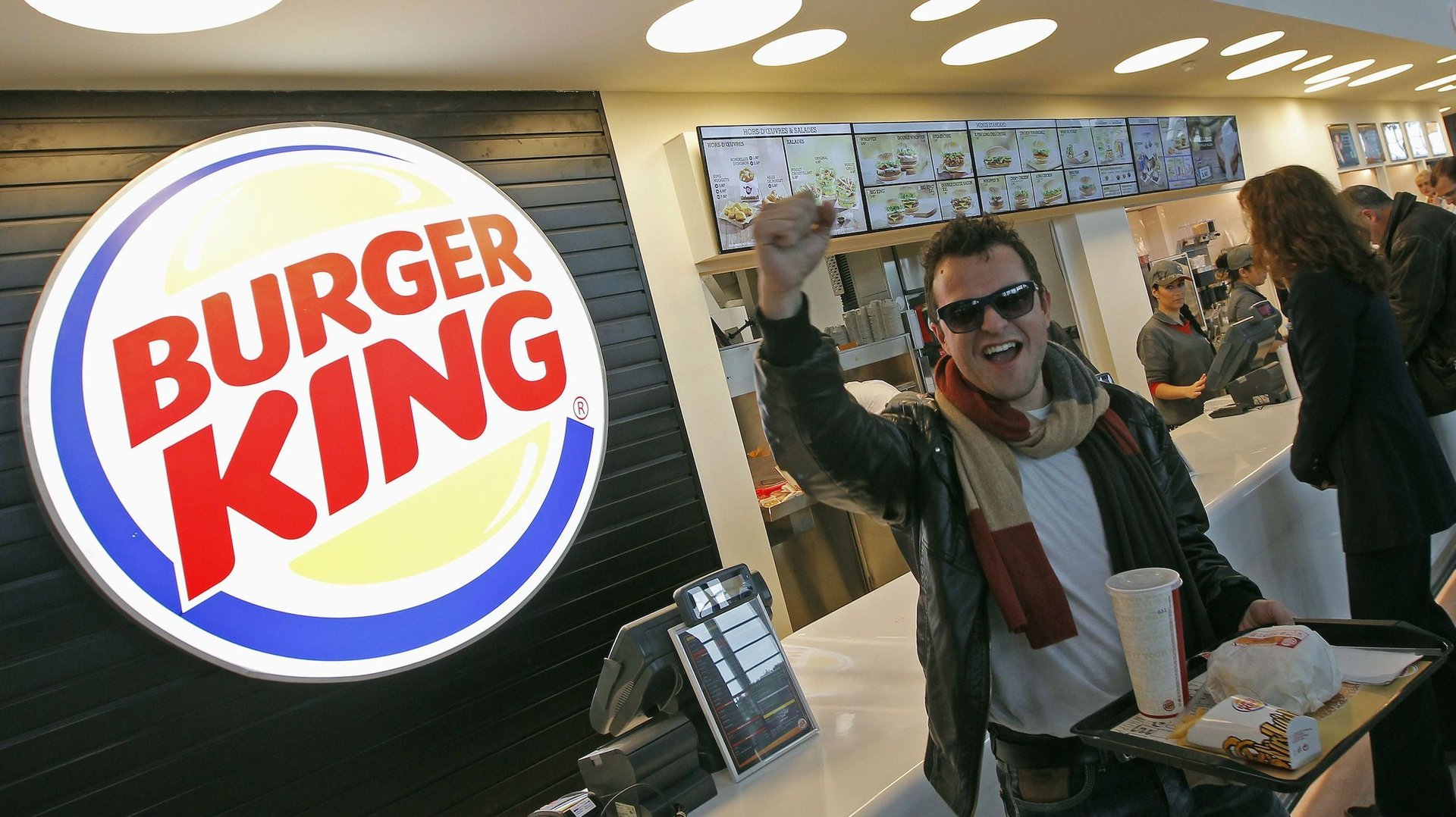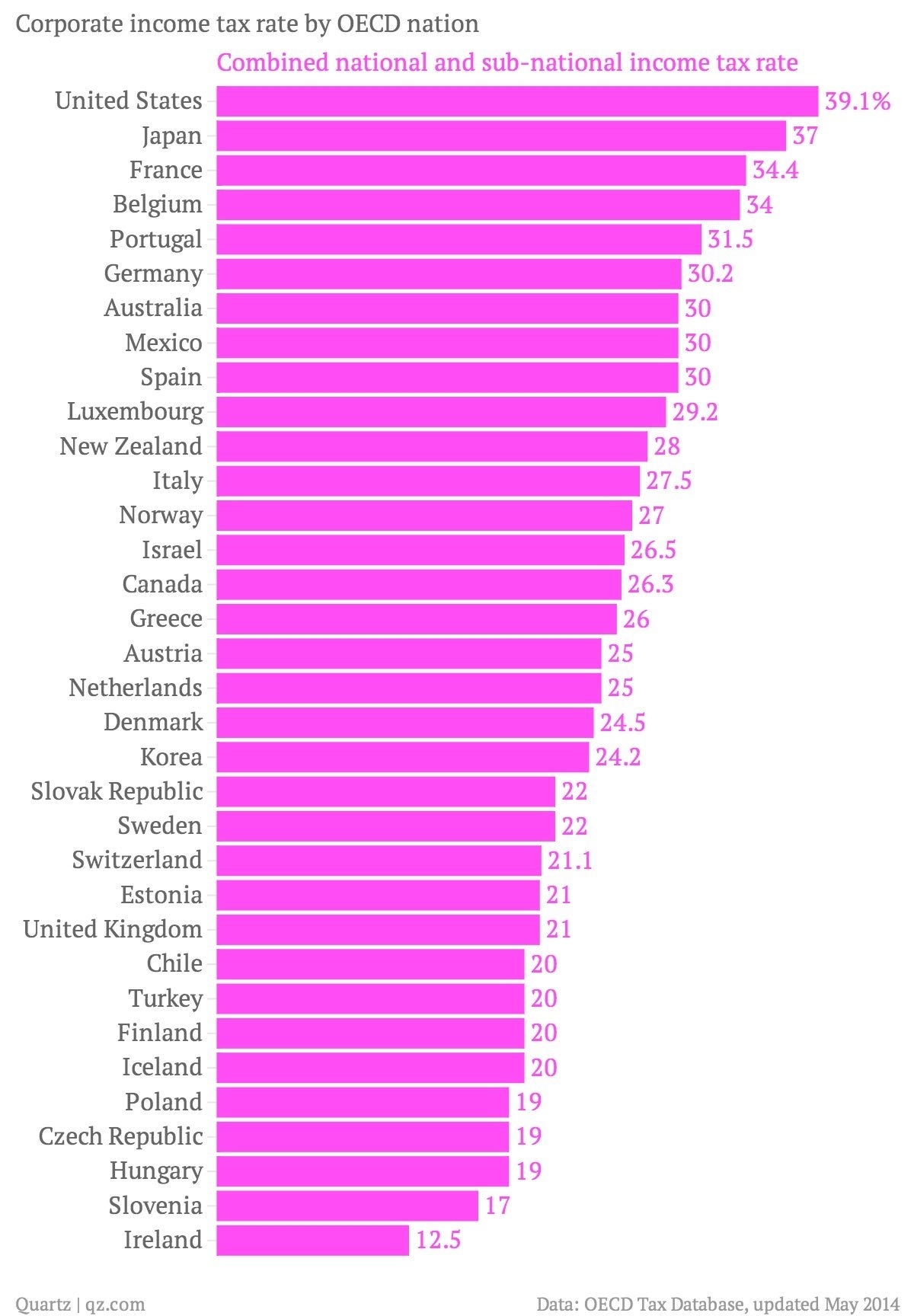Why Burger King may be abandoning the US for Canada
One of America’s oldest burger chains may be jumping ship for Canada and its lower corporate tax rates. This weekend, Miami-based Burger King said that it is in talks to acquire the Canadian coffee and doughnut chain Tim Horton’s in a deal that would move Burger King’s headquarters to Canada and create the world’s third-largest fast food chain.


One of America’s oldest burger chains may be jumping ship for Canada and its lower corporate tax rates. This weekend, Miami-based Burger King said that it is in talks to acquire the Canadian coffee and doughnut chain Tim Horton’s in a deal that would move Burger King’s headquarters to Canada and create the world’s third-largest fast food chain.
Known as “tax inversion” deals, these arrangements allow companies to lower their overall corporate rate, and some use them to access cash held overseas while avoiding a hefty US tax bill. Healthcare companies like the Chicago-based pharmaceutical firm Abbvie are big fans—Abbvie bought UK drug maker Shire for $54 billion in July, one of the largest inversion deals to date and a move that could save Abbvie as much as $8 billion in taxes over the next 15 years.
If the Burger King-Tim Horton agreement goes ahead—the American pharmacy chain Walgreen’s backed down from a similar inversion deal because of consumer opposition and pressure from Washington—that could be a sign inversion deals are becoming more popular for US companies. The tax inversion trend already worries American regulators, especially since the US corporate income tax rates are the highest among Organization for Economic Cooperation and Development (OECD) countries. US president Barack Obama has criticized companies relocating abroad for their “lack of “economic patriotism.”
Corporate taxes generally include both national and sub-national rates (the latter includes local taxes like states and cities). In the case of the US, state tax rates drive up the federal statutory rate of 35% up to an average of 39%. That’s compared to Canada’s 26.3% combined rate. Canada’s statutory tax rate is even lower, at 15%.

The US Treasury department is considering ways to prevent (paywall) more inversion deals and the White House is also thinking about regulatory action to reduce the benefits US companies get from relocating abroad. According to Reuters, a deal to create a new holding company for Burger King and Tim Horton’s could be announced as soon as this week, creating a company with a combined market value of about $18 billion.